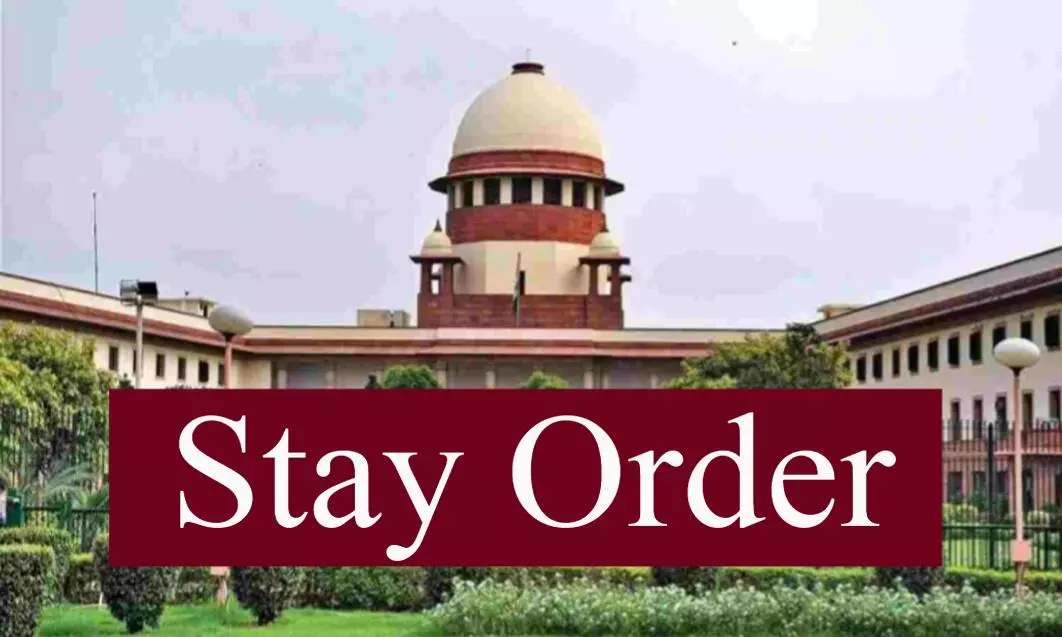
Supreme Court’s Stay on Madras High Court Order: A Hypocritical Blow to Social Justice
In a move sparking widespread outrage and debate, the Supreme Court of India has stayed a controversial Madras High Court ruling that said a person loses their Scheduled Caste (SC) reservation benefits if they marry under the Indian Christian Marriage Act, 1872. The case stems from a dispute involving Ms. Amudha Rani, who was elected to a panchayat post reserved for SC candidates. The Madras High Court had disqualified her, ruling that by marrying under Christian rites — including the announcement of marriage banns — she was deemed to have renounced her native religion and therefore no longer eligible for SC reservation benefits.
The Supreme Court bench, led by Justices Vikram Nath and Prashant Kumar Mishra, issued a stay order, halting the High Court ruling from taking effect while the case undergoes further hearing. While this offers temporary relief to the petitioner, the very existence of such legal battles highlights the deep hypocrisy and systemic flaws in India’s reservation system when it comes to marginalized communities.
At the heart of this issue is a discriminatory framework rooted in the 1950 Presidential Order, which restricts SC reservation benefits only to Hindus, Sikhs, and Buddhists. This means that individuals born into oppressed communities but practicing Christianity or Islam are automatically excluded, even though caste-based discrimination remains rampant in these faiths as well. By linking reservation to religious identity rather than social and historical disadvantage, the judiciary is reinforcing a deeply regressive and divisive policy.
The Madras High Court’s interpretation — that even a marriage under Christian law constitutes conversion — takes this injustice to a new extreme. It assumes that participating in a Christian marriage ceremony is equivalent to abandoning one’s original faith, regardless of personal belief or practice. This not only violates the principle of freedom of religion, but also punishes individuals for their personal choices in marriage.
The Supreme Court’s stay, while appearing to be a step back from an outright enforcement of this rigid rule, does little to address the larger hypocrisy at play. The judiciary has long defended secularism in rhetoric but continues to uphold policies that are inherently non-secular and exclusionary. Instead of confronting the fundamental inequality of the 1950 Order, the Court’s temporary relief feels like a bandage over a festering wound.
For millions of Dalits who face systemic discrimination every day, whether they identify as Hindu, Christian, Muslim, Sikh, or Buddhist, caste oppression remains a lived reality. To deny them access to affirmative action benefits simply because of their chosen faith is to institutionalize injustice. This case is not just about one individual or one marriage — it’s about whether India’s legal system will stand for equality or continue to hide behind archaic, discriminatory policies.
Until the Supreme Court confronts these contradictions head-on, its actions will continue to be seen as hypocritical, offering token gestures of relief while protecting a broken system that fails the very people it claims to uplift.
